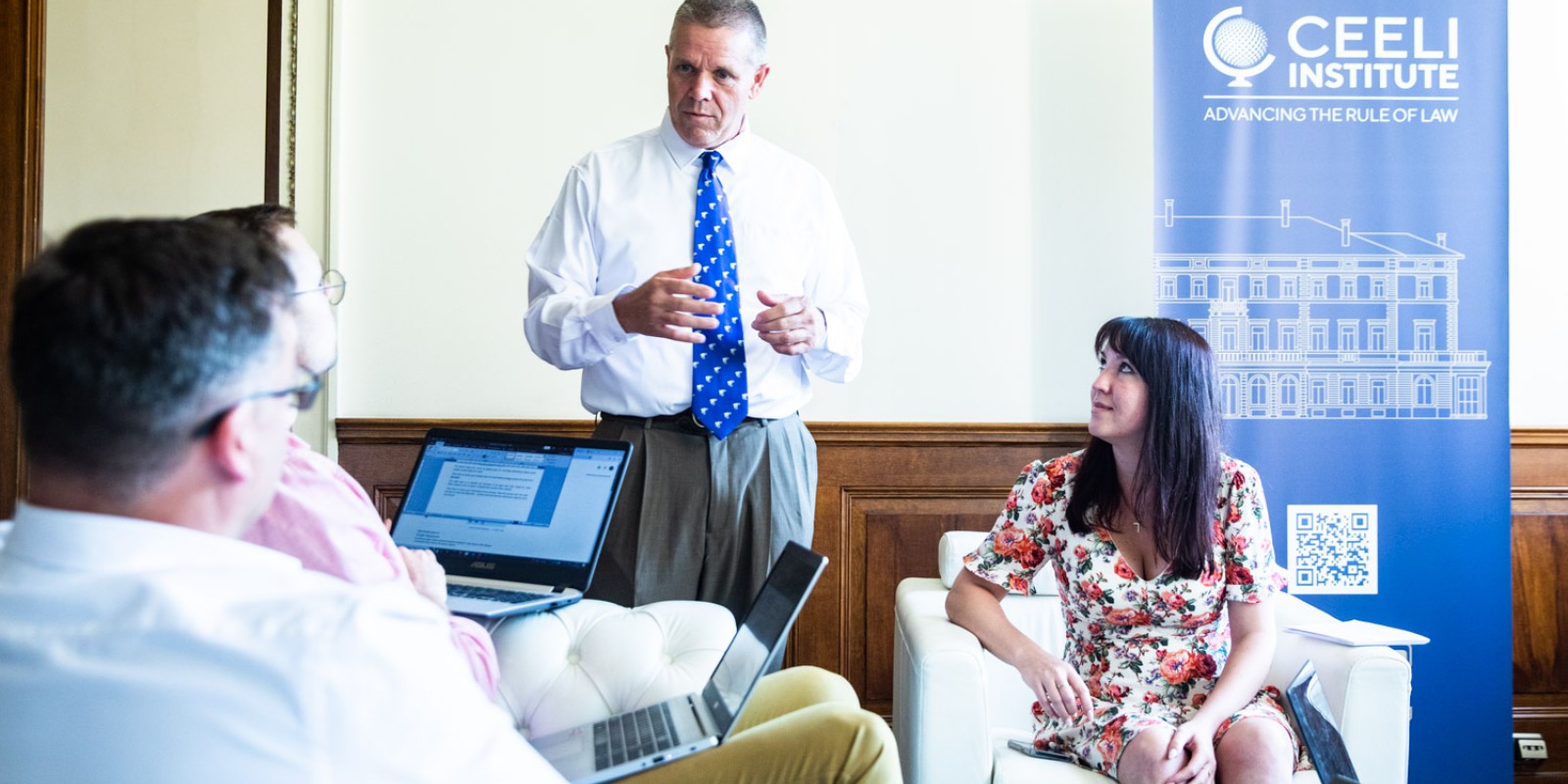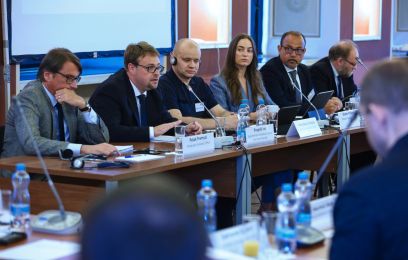
Why it matters
When corruption goes unchecked, it undermines the rule of law and erodes the public trust in government institutions. Corruption diverts resources from vital public services and leads to waste, fraud, and abuse. The CEELI Institute trains and provides other support to law professionals to combat corruption in all its forms and promote accountability.



